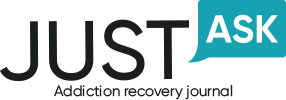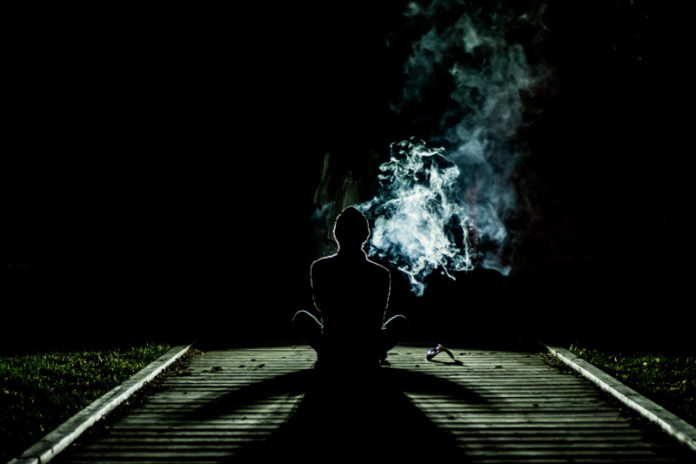Addiction to heroin is not easy to treat; this is because it impacts the brain in a way that leads to a serious dependency. It is, therefore, not advisable to quit heroin alone because of the severe and often dangerous withdrawal symptoms.
UNDERSTANDING HEROIN DETOX
Detoxification is the process of getting rid of all toxins which are affecting the processes and chemistry of the body. Various symptoms occur during detox, causing the brain to send defective signals to the body system.
WHAT TO EXPECT
The heroin detox symptoms can start quickly, and is seen from 12 hours after the last use and can go on for days. The symptoms of withdrawal include:
- Sleeplessness
- Nausea and diarrhea
- Anxiety
- Muscle pains
- Cold sweats and shivering
The length of the detox symptoms can vary from 3-7 days, peaking at about the 3rd day after the last dosage.
It is a huge success when the user can pass the first three days of heroin detox. The next 2-3 days afterwards are challenging, but the worse of it all has been passed. The common symptoms during these days are abdominal cramps, shivering, chills and vomiting. Eating right is important as this helps to boost your immune system. Also, take care to keep yourself hydrated. Nausea and anxious behaviour may still be present, but it is manageable. Having positive thoughts and eating healthy foods are necessary if one is to overcome addiction.
AVAILABLE TREATMENTS
Medical Detox: The symptoms of withdrawal from heroin cannot be predetermined. So it is advisable to be under medical supervision during detox treatment. In some cases, medications are prescribed, such as methadone; this will help lessen the severity of the symptoms of withdrawal.
Holistic therapies: Apart from medical detoxification, a user can find a detox treatment center. Holistic therapy assists in relieving the difficulties associated with withdrawal. Yoga, meditation, massage, acupuncture and other therapies assist patients in dealing with the discomfort and stress of detox.
RAPID HEROIN DETOX
Rapid heroin detox is promoted by some medical facilities. While this might look like a good process for the addicts who do not want to suffer the side effects associated with withdrawal, there are many risks involved. Rapid detox involves the usage of naltrexone mixed with anesthesia or other sedating drugs to help increase the endorphins and reduce the symptoms of withdrawal. Apart from the risks of the medication given, rapid heroin detox fails to address the vital emotional and mental factors which led to addiction in the first place. Relapse is most likely to occur with this treatment. This is done only in a hospital where there can be medical supervision.
SAFELY DETOXING FROM HEROIN
Seeking medical attention is the best and safest way to detox from heroin. With this supervision, nurses and doctors can assist in the prevention of harsh symptoms of withdrawal, because staying alone when the symptoms occur can cause a higher chance of relapsing. As stated above, being under medical supervision can help to relieve the symptoms with medications.
Finally, when combined with behavioural rehab treatment, detox becomes more successful. Getting support and being persistent during the process is important if the user wants to achieve recovery. So it is good to have an inpatient or outpatient psycho-social treatment follow-up.
Article Submitted on behalf of drugrehab-salford.uk and alcoholrehab-salford.uk









